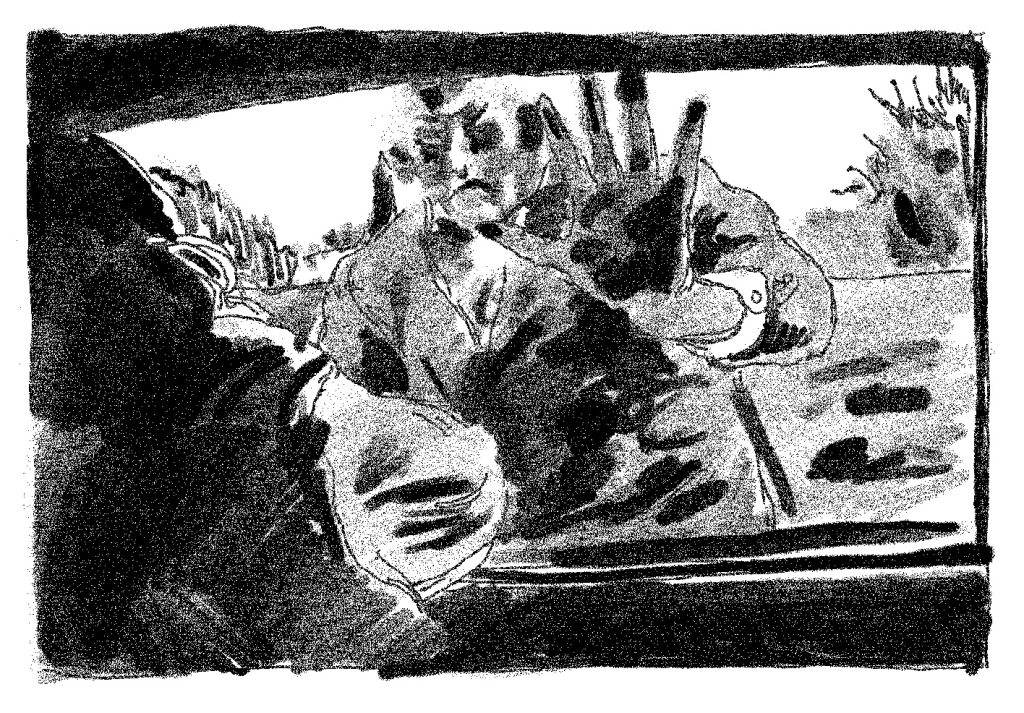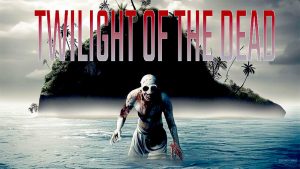NIGHT OF THE LIVING DEAD shook the world of cinema in 1968 because of the novel ways Romero, an independent filmmaker, introduced his zombies to the big screen. He imbued his horror movies with social-cultural critique that exerted significant influence in the horror genre as a whole. Romero died in 2017.
His films enjoy an overwhelmingly positive international critique as well as considerable public acceptance, sitting at a 96 percent rating on Rotten Tomatoes even though five sequels of the original got subsequently lower ratings. The most recent, for example, SURVIVAL OF THE DEAD (2009) earned only 30 percent on Rotten Tomatoes.
Nevertheless, Roundtable Entertainment, which has formed a partnership with the Romero estate, has announced that Brad Anderson is to direct George A. Romero’s final film, TWILIGHT OF THE DEAD. Can Director Brad Anderson rejuvenate the enthusiasm that the franchise once commanded?
“NIGHT OF THE LIVING DEAD may have been the first real horror movie I ever saw and its shock value, its keen social relevance, and even the means by which it was made were all hugely inspirational to me,” Anderson is quoted as saying in a press release.
NIGHT OF THE LIVING DEAD As Social-Political Horror.

“They’re coming to take you away, Barbra.” Graphic of iconic early scene in George Romero’s NIGHT OF THE LIVING DEAD. © Copyright Coco Lin 2023
Anderson worked on the script and a screenplay with producer Paolo Zelati. He expects to include a “pointed social commentary” like the original film, which addressed race prejudice distrust. Anderson, according to the press information, plans to bring themes of change and humanity back to the zombie genre. Film producers chose him because of his success as an independent filmmaker, yet, there is still this big question: Can he capture the magic of George A. Romero? A corollary: What kind of magic will he conjure?
Areanna Persaud, 19, a Hunter psychology major, told this writer she knew nothing about NIGHT OF THE LIVING DEAD but correctly guessed it was about zombies, and she said she was vaguely familiar with the name Brad Anderson. Persaud, said she has seen LET’S WATCH SCARY MOVIES depicting the iconic “Ghost Face Killer” from Scream (1996), and she admitted to “living under a rock” when it came to classic horror films, though she named THE WALKING DEAD (2010), THE LAST OF US (2023), WORLD WAR Z (2013), and even PARANORMA (2012), which undeniably follow in Romero’s footsteps.
Ironically, however, she said, “I don’t really like zombie movies,” and said that she would watch the new film “because [the original] is a classic.”
Psychology major Zion Bellot, 20, said she enjoyed YouTube channels with film analysis like “Foundflix” whose videos “George Romero’s Zombies Explained” and “WTF Happened To The Return Of The Living Dead?” grossed 2.28 million and 173,000 views respectively. NIGHT OF THE LIVING DEAD evoked notions of 1960s racism, according to Bellot, and while she held the same connotations for the word “zombie,” she appreciated the Haitian origin of the zombie myth.
The Official Line About the Making of TWILIGHT OF THE DEAD
Roundtable Entertainment has partnered with the estate of horror legend George A. Romero to bring his final movie and last testament to the screen and create a new apocalyptic zombie franchise, Twilight of the Dead.
Romero, considered one of the godfathers of the horror genre, created Night Of The Living Dead, the 1968 zombie classic that launched the genre that has nourished Hollywood ever since in countless zombie movies and series like The Walking Dead. George A. Romero and Paolo Zelati penned the treatment, with the script written by Joe Knetter, Robert Lucas, and Paolo Zelati. Suzanne Romero, John Baldecchi, Sarah Donnelly, Paolo Zelati and Ardvella Entertainment’s Stephanie Caleb are producing, with Executive Producers Dominic Ianno, Alex Dundas, Jason Resnick, Chris Roe, and Luis Riefkohl.
While details are currently under wraps, Twilight Of The Dead is the seventh and final installment of the seminal “Living Dead” film franchise. To end his epic saga, George chose to set this last story on a tropical island and the movie will film in Puerto Rico later this year, with Roundtable producing and financing.
Phillip McCoy-Campbell can be reached at PHILLIP.MCCOYCAMPBELL44@myhunter.cuny.edu
